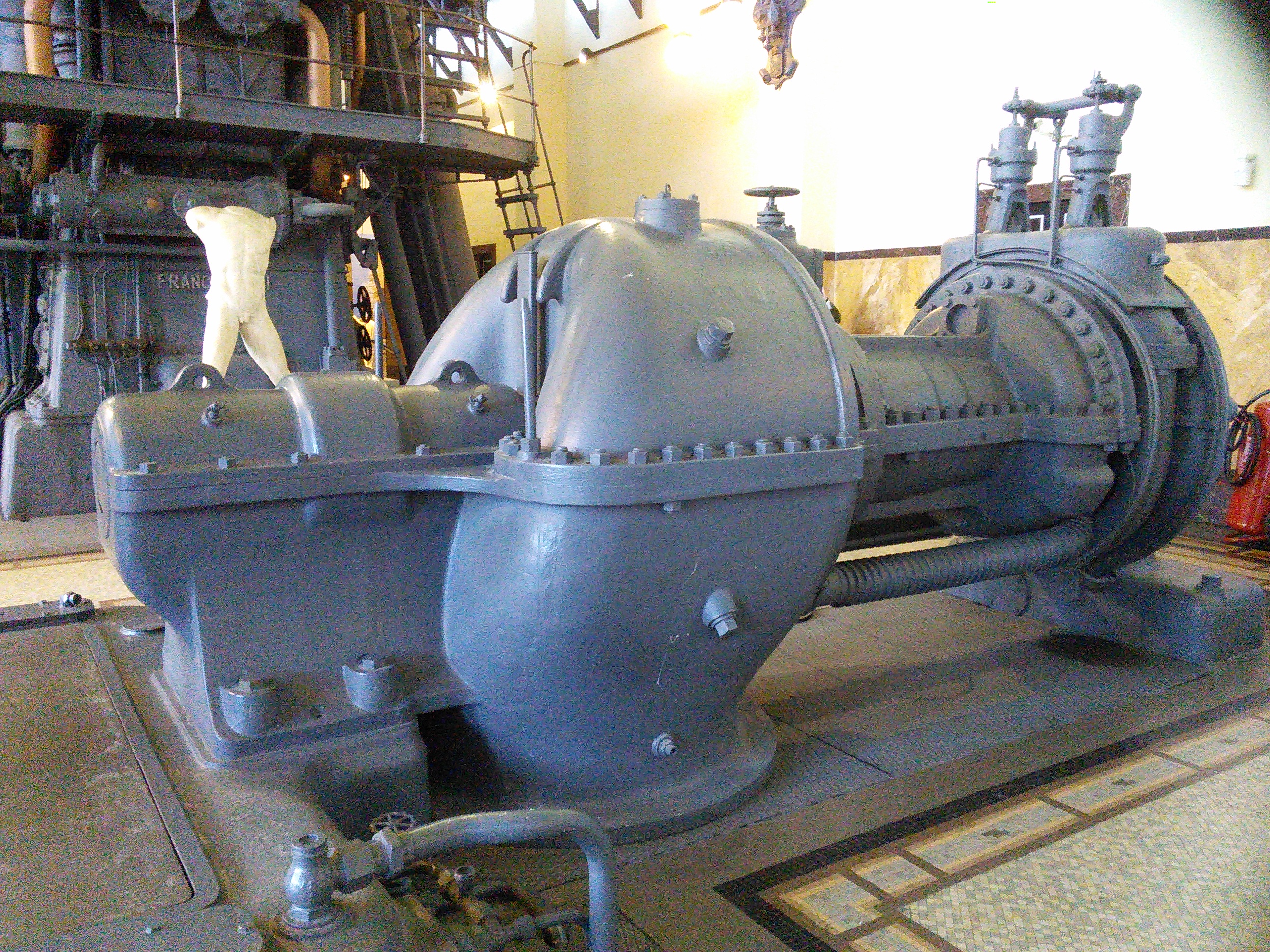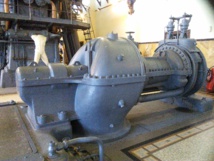We are therefore forced to choose: either the animal is mechanical and so are we, or neither one nor the other is, and then, as we can hardly argue that we are supernatural, as our anchor in the evolution became clear (despite some fundamentalist deniers), it remains to show that the animal nature is not mechanical.
The problem, then, is posed to know where a mecanism is starting and ending through the living process. We will argue here that life is not mechanical, and this since the beginning. Conversely, life has always used machinery: which is probably something in the confusion about this famous issue.
Warning: this is not the fact that life uses machine that defines it as life. Amachine also can use another machine or exploit life. The difference between life and machine does not reside there. It holds in a regular fact of which a law may be built : a machine is always and only defined by its functionality, while the living always carries in its reproduction an unpredictable part of “non functionality”. It is essentially that part which will make possible evolutionary changes, including the most functional.
This definition, however, is insufficient because there is an evolutionary trajectory reproducing (at increasing complexity scales) the antagonism between mechanical functionality and decisive non-functional features, without removing the first or intermediate forms of this antagonism.
So even inexorably functional processes in specific circumstances (such as those that trigger apoptosis) are still almost infinitely more complex that claims their apparent "function", and thus, overloaded with various potentialities. That is on this "useless" complexity (at least under some functional sequences well identified) that life is mainly building up.
Then we can assume this complexity reflects so innumerable mutations and co-adaptations over the past four billion years, that it is out of the question that technoscience could produce such a large variance of reproducible devices over a few centuries. Which also concerns functionality itself, the latter appearing almost like a free gift accompanying an efflorescence of survivable forms.
If the difference between life and machine in terms of levels of complexity is one of several orders of magnitude, we must never forget that it is mainly because life is constantly developing an inventiveness due to non-functionality, what the machine does not include, but only under the figure of the disastrous "common modes". Indeed, when machines reproduce and proliferate without the infinitely varied trial and error processes implying the injection of non-functionality at tolerable doses, they necessarily induce common modes crisscrossing each generation produced : namely epidemic phenomena propagating more easily through the relatively homogeneous environment they tend to create.
An example: the mere fact that a general increase in the power of action was dependent on the systematic exploitation of the electromagnetic universe has led technology to extend its installation with electronic micro currents - and these with computerization. One can deduce from this, that in case of a major conflict, a few nuclear bombs aimed in altitude at a fraction of the Earth's electromagnetic spectrum would be enough to stop the functionning of almost all technical devices, automobiles, trains, airplanes included.
This is an absolutely massive "common mode", potentially generating a global civilizational collapse. But a similar process unfolds at all scales, even when its negative effect is limited to a single drop in inventiveness. But engineering schools and research departments being almost exclusively motivated by constantly increasing functionality, the perception of this critical issue is simply not existing in our societies. It does not even exist when explodes the other gigantic “common mode”, that is humanly induced global pollution. This is also what demonstrates the widespread attempt to oppose it by a technological upmanship, or, failing that, by a programmed slowdown in investment, that is to say, by an increased social risk.
We might say that these swerving and stop-and-go, are due mainly to a lack of overall reflectivity resulting from the neo-liberal framework. This is not wrong, but do not forget that any reflexivity organizing around an instrumental syntax will still effectively obliterate the place of non-functionality (in the name of emergency, fight against mess, coherence of policy, actors’ responsibility,etc.).
It is certainly possible that rationality would be required to address some relatively simple conflictual situations. However, one should not forget that even in this case, human vanity growing in proportion to the need for recognition of each hierarchical actor, the official story often outrageously values rationality, and underestimates the role of chance and incongruities.
 Commander des livres de Denis Duclos (études et essais)
Commander des livres de Denis Duclos (études et essais)

 CRISE DU CAPITALISME ET CONSOLIDATION DU SYSTEME-MONDE
CRISE DU CAPITALISME ET CONSOLIDATION DU SYSTEME-MONDE


